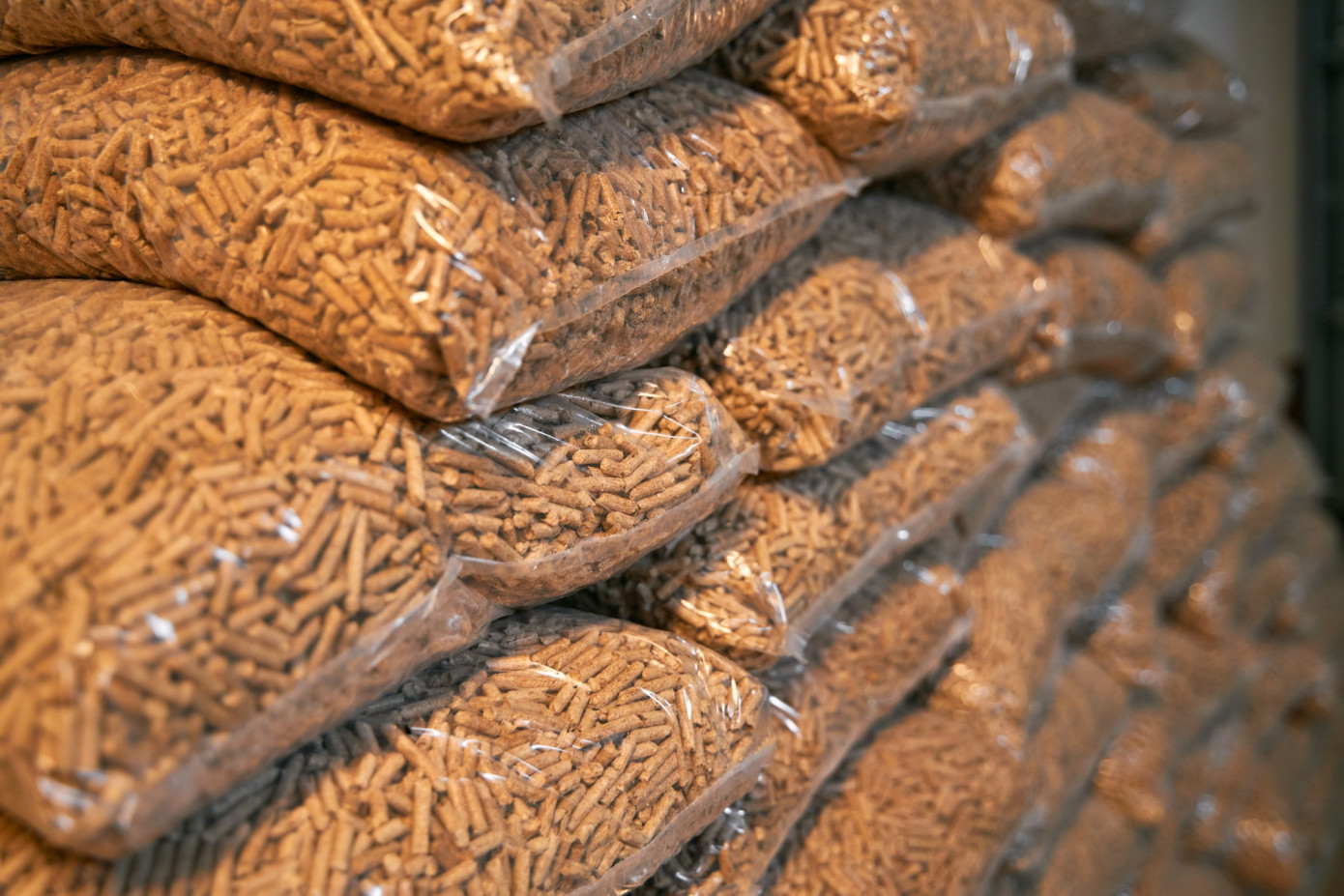Since July, after the start of the EU sanctions, South Korea became the only export destination for Russian producers of wooden pellets. However, the volume of pellets sent to this country cannot compensate for the reduction in supplies to Europe.
In November 2022, Russia tripled exports of fuel pellets to South Korea to 65 thousand tonnes year-over-year. The value of exports, according to Lesprom Analytics, increased to $11 million, and the average price for Russian pellets was $180 per tonne. In the first eleven months of this year, Russian producers of pellets shipped to South Korea about 377 thousand tonnes pellets, the total value of exports was $69 million. However, Russian exports of wood pellets to the European Union in 2022 will be one million tonnes less with a value of $189 million. For comparison, last year Russia exported about 2 million tonnes of wooden pellets to Europe, gaining about $320 million.
“Pellet transportation to the East is much more expensive [for Russian companies] than to the West and logistics eats all the profits,” said Olga Rakitova, director of Russian National Bioenergy Commonwealth.
Meanwhile, the demand for wood pellets in Europe is constantly growing. In October 2022, the volume of imports of wood pellets into the European Union increased by 5.1% to 494 thousand tonnes year-over-year.
The main suppliers of wood pellets to Europe are the U.S. (348 thousand tonnes), Ukraine (61 thousand tonnes) and Turkey (26 thousand tonnes). In October, the U.S. exports increased by 90% y-o-y. Thus, the U.S. deliveries completely replaced the Russian pellet exports to Europe. At the same time, Ukraine rose from the fourth to the second place in terms of supply of fuel pellets in the EU.
The exports of Russian pellets to Europe completely stopped from July 10th in accordance with the fifth package of sanctions. Nevertheless, the difficulties with the supply of wooden pellets from Russia to Europe began on April 8th, when FSC withdrew Russian and Belarusian trade certificates. A week later, ENPlus certificates used in the consumer market stopped working. After that, European companies began to refuse to purchase Russian pellets.
Against the background of the cessation of the Russian exports of pellets to the EU, the world largest producer of wood pellets Enviva Inc. announced the signing of a ten -year contract with a European customer. From 2027, the company will additionally supply 800 thousand tonnes of industrial fuel pellets to Europe annually. According to Enviva, at the end of the year, its total contracted revenue backlog reached over $23 billion.
In Russia, the cessation of wood pellet exports to the EU caused difficulties with waste disposal at sawmills.
In the absence of demand for wood pellets in the domestic market, Russian companies began to stop pellet factories. “Many plants announce the stop of production,” Olga Rakitova explains. - But in fact this closure. And there will be no return to the situation that was before. ” As a result, according to the Russian Statistics Agency, in January-October 2022, the production of wood pellets in Russia decreased by 18% to 1.8 million tonnes. The drop in production intensified by the end of the year and in October amounted to 30%.
